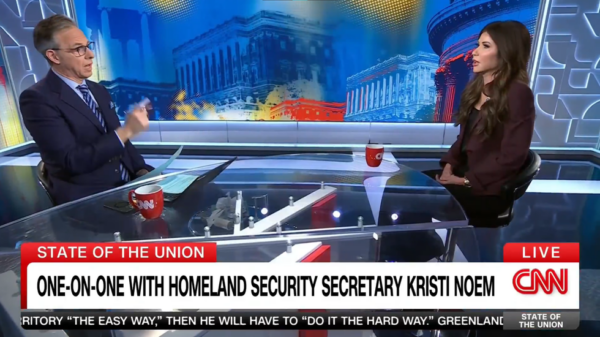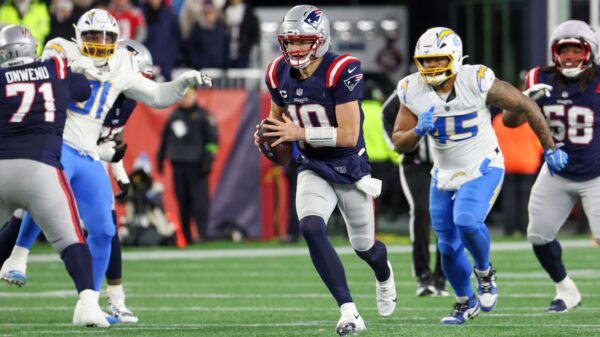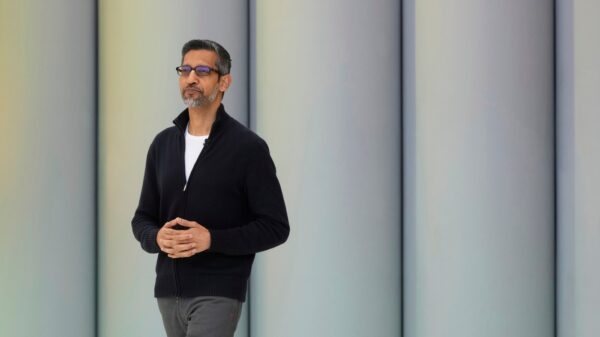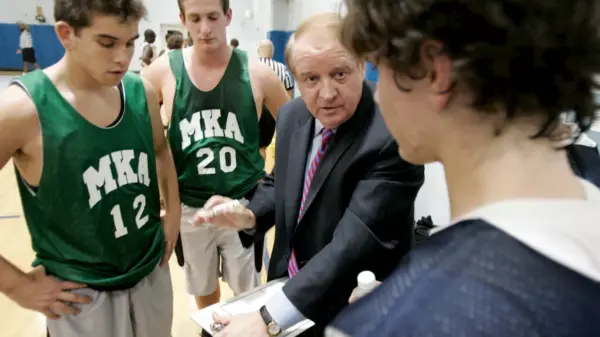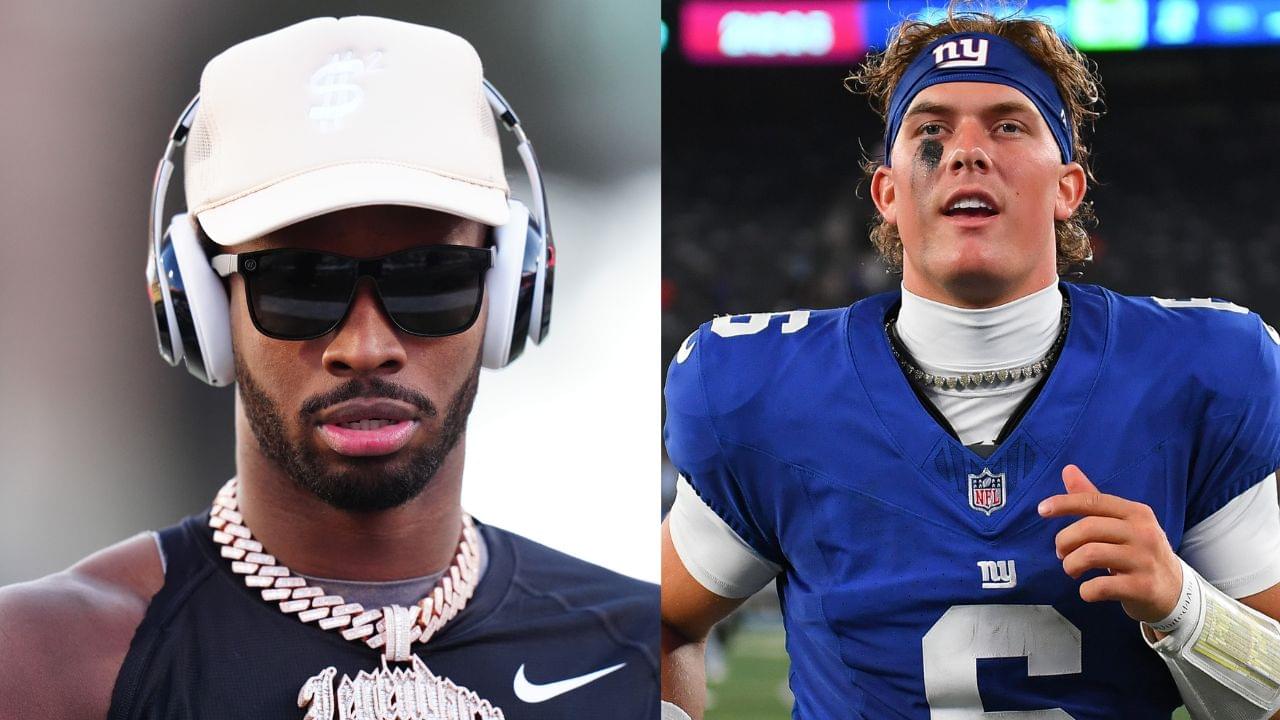In a surprising turn of events at MetLife Stadium, rookie quarterback Jaxson Dart led the New York Giants to a stunning 34–17 victory over the Philadelphia Eagles. Dart’s impressive performance, which included completing 17 of 25 passes for 195 yards and rushing for 58 yards and a touchdown, has sparked discussions about his potential as a dual-threat quarterback. This achievement places him among only three quarterbacks in the Super Bowl era to rush for at least 50 yards in each of their first three career starts, joining notable names like Jalen Hurts and Lamar Jackson.
In contrast, Hurts, despite throwing for 300 yards, faced relentless pressure from the Giants’ defense and committed turnovers that hampered the Eagles’ offense. Following this loss, a viral video surfaced, claiming to show Hurts criticizing Dart during a post-game interview.
Viral Claims and Their Origins
The video in question purports to capture Hurts expressing frustration after the game, stating, “I just lost to a rookie who’s worse than Shedeur Sanders.” In the clip, an animated Hurts seems to blame his defense while mocking Dart, saying, “When you got a defense that can’t even stop [expletive] Jaxson Dart, then you don’t deserve to win.”
However, the origins of this video are questionable. The clip was produced by a YouTube channel named Dangerous AI, which is notorious for creating fake sports interviews and utilizing AI-generated voiceovers of professional athletes. This channel’s usual format includes catchy headlines, altered thumbnails, and synthesized audio tracks that misrepresent actual events.
Fact-Checking the Claims
No credible sports outlet or official media associated with the Eagles has verified Hurts making such statements. His public persona is one of composure and respect, making the language and tone used in the video inconsistent with his established character. The audio itself shows clear signs of artificial synthesis, including awkward pauses and robotic inflections that differ significantly from Hurts’ genuine post-game remarks.
This incident is not isolated. The Dangerous AI channel has a history of producing sensationalized and fabricated clips, raising concerns about the spread of misinformation in sports journalism. As technology advances, the potential for deepfakes and misleading content continues to grow, necessitating vigilance from viewers and media consumers alike.
As fans and analysts continue to dissect the implications of Dart’s performance and the fallout from the Eagles’ loss, it remains crucial to differentiate between verified information and viral misinformation. The game highlighted not just the emergence of a promising quarterback in Dart but also the importance of media literacy in the digital age.














